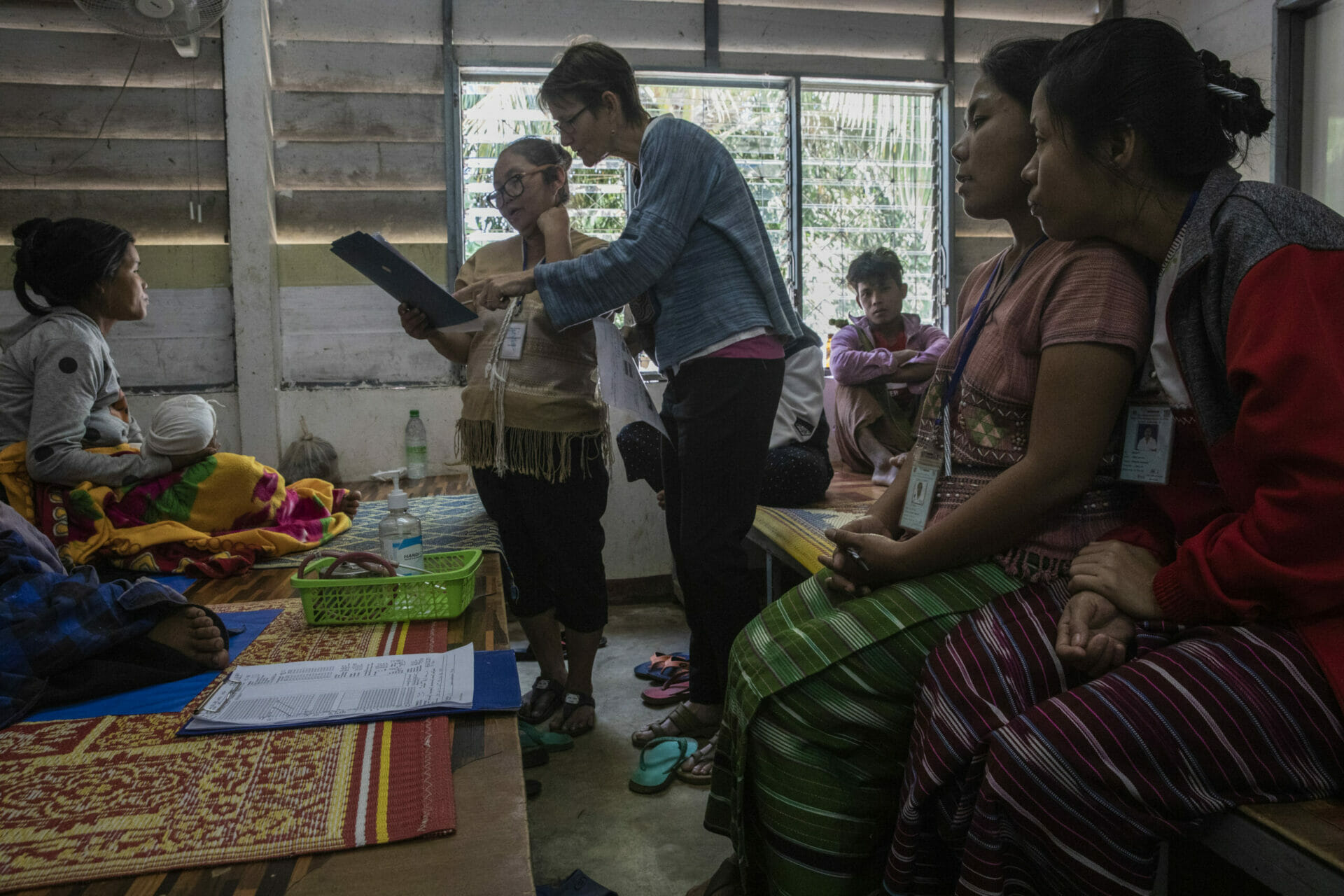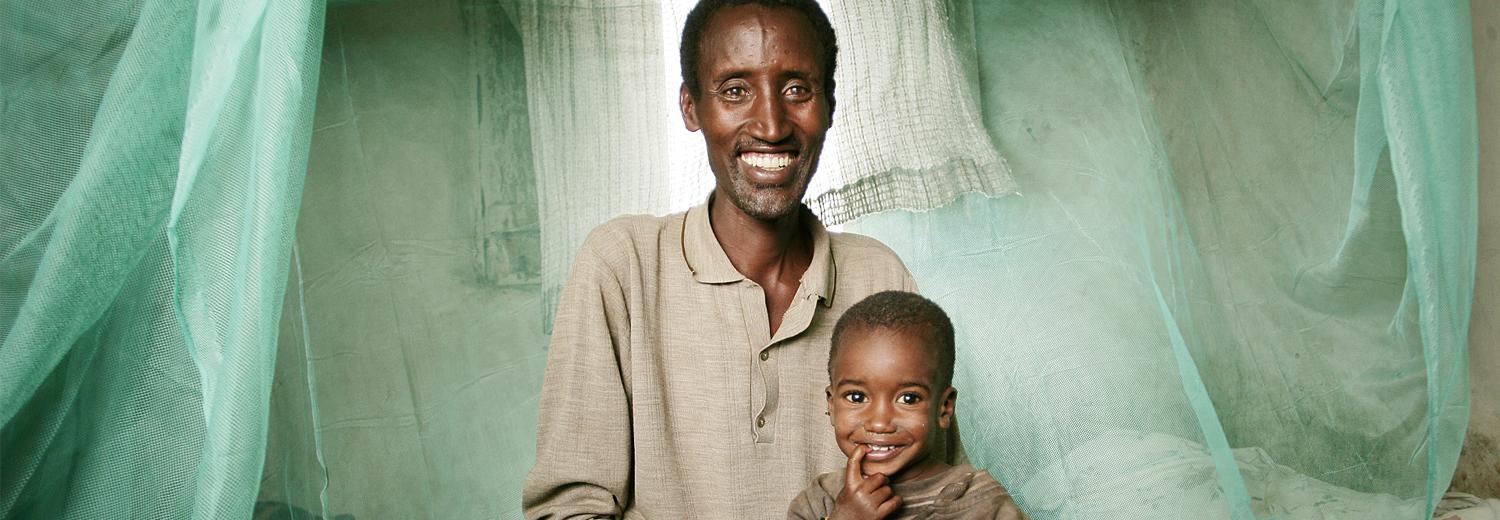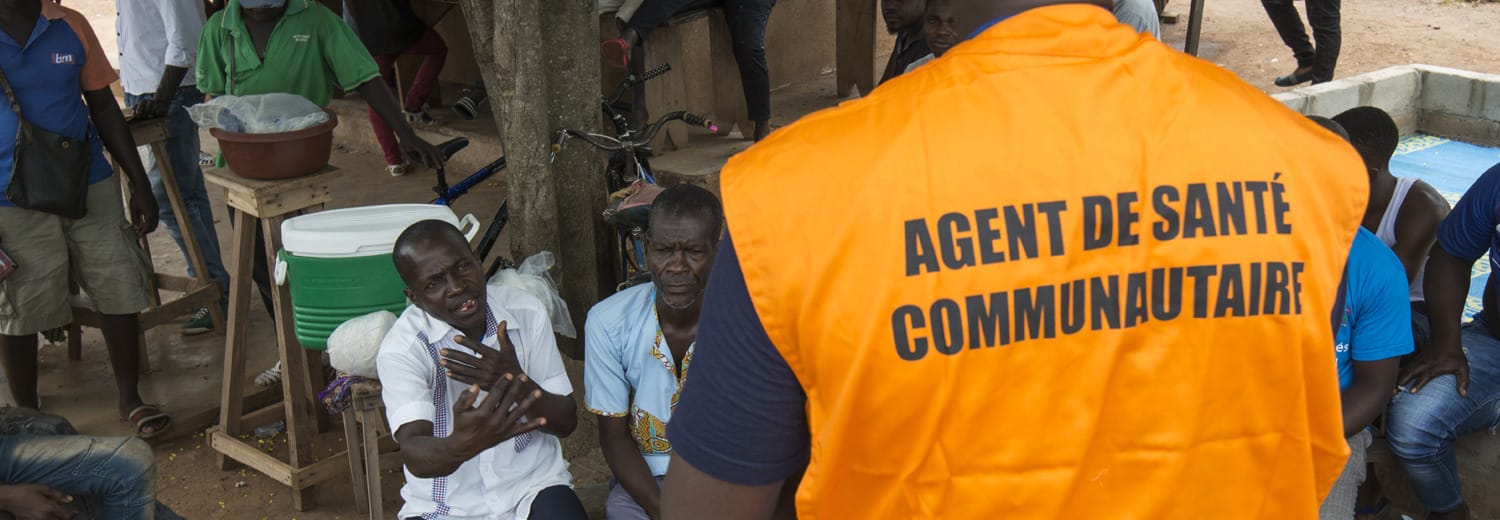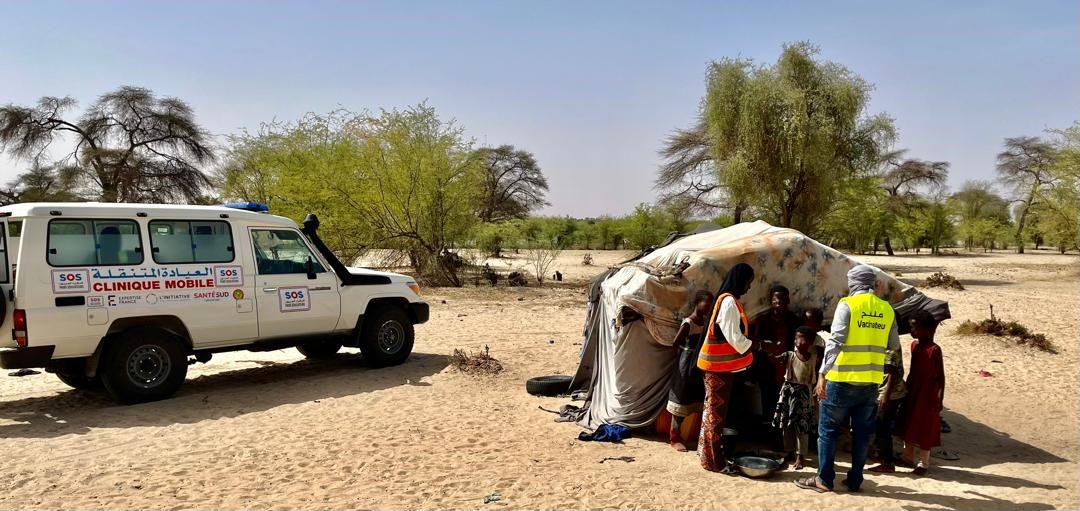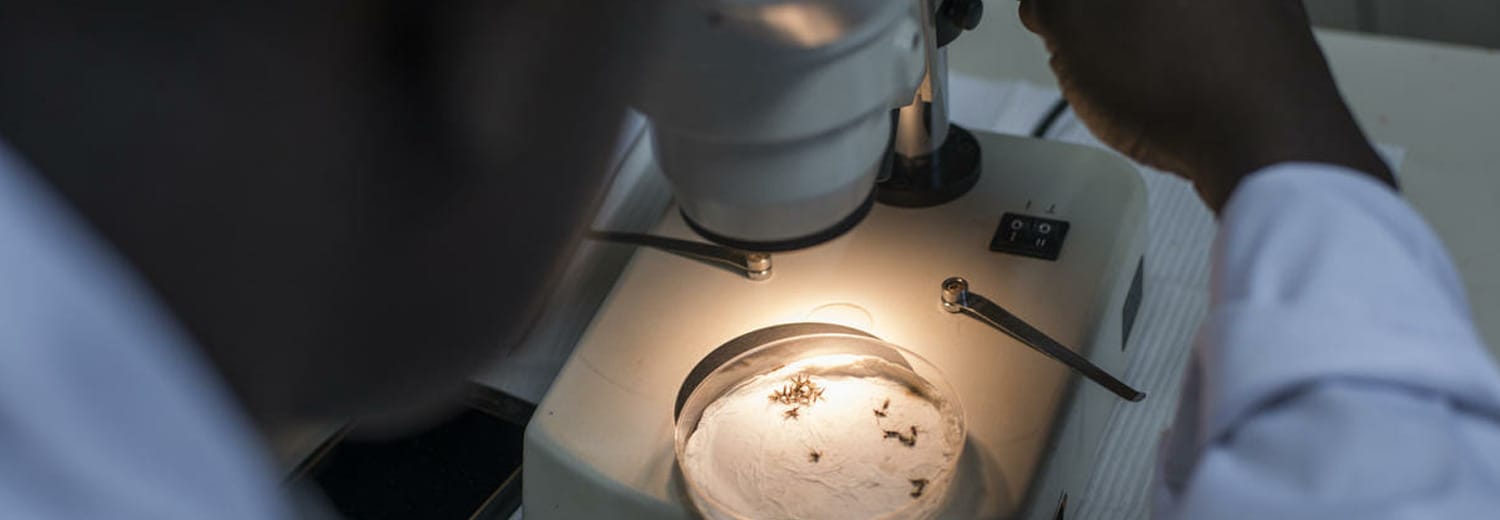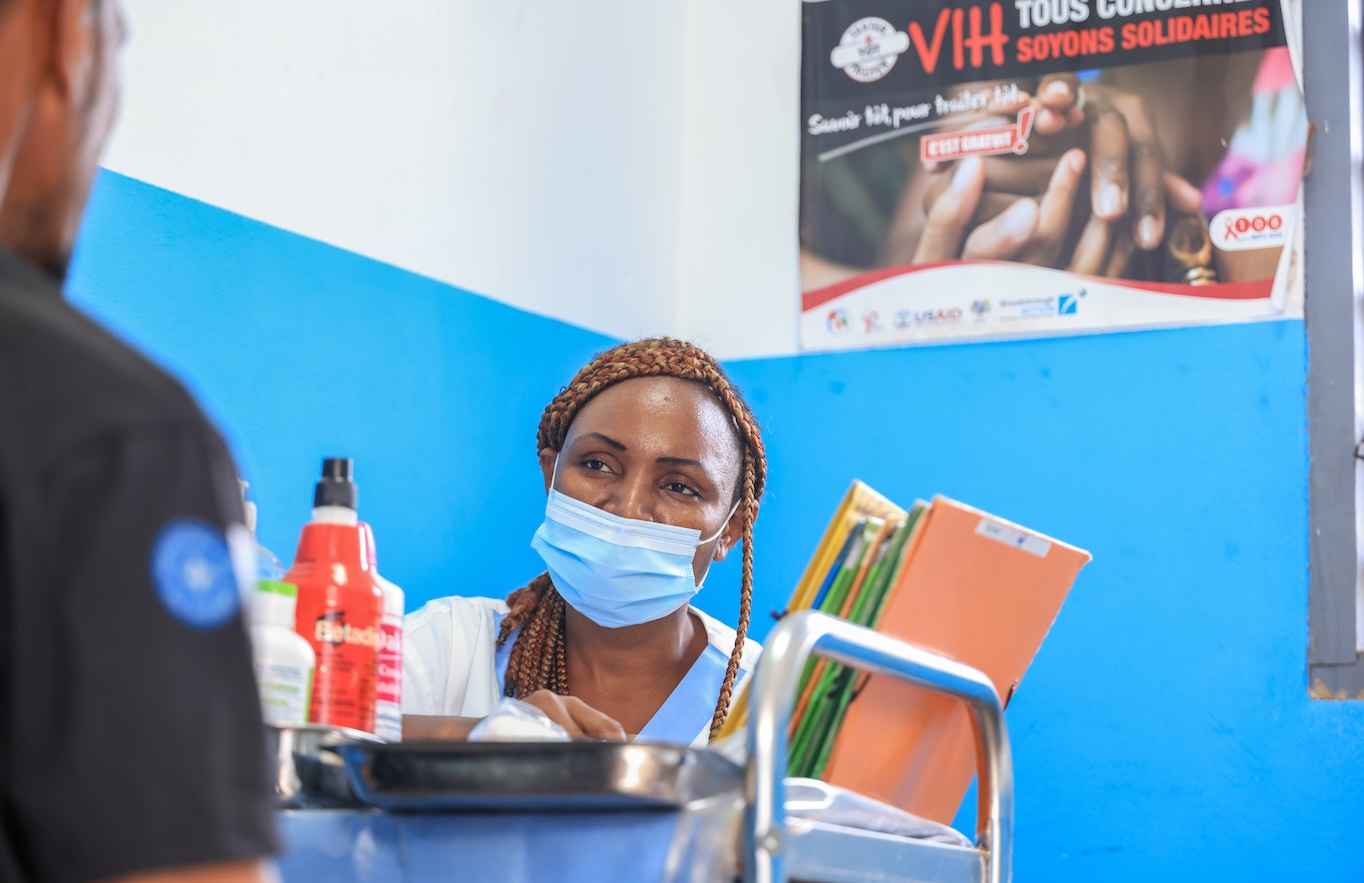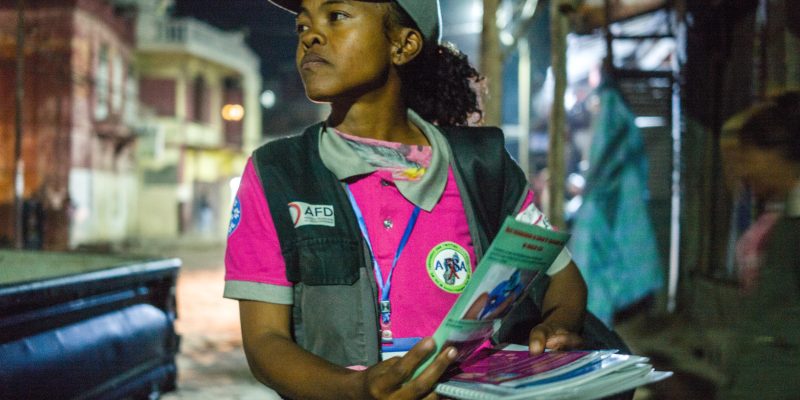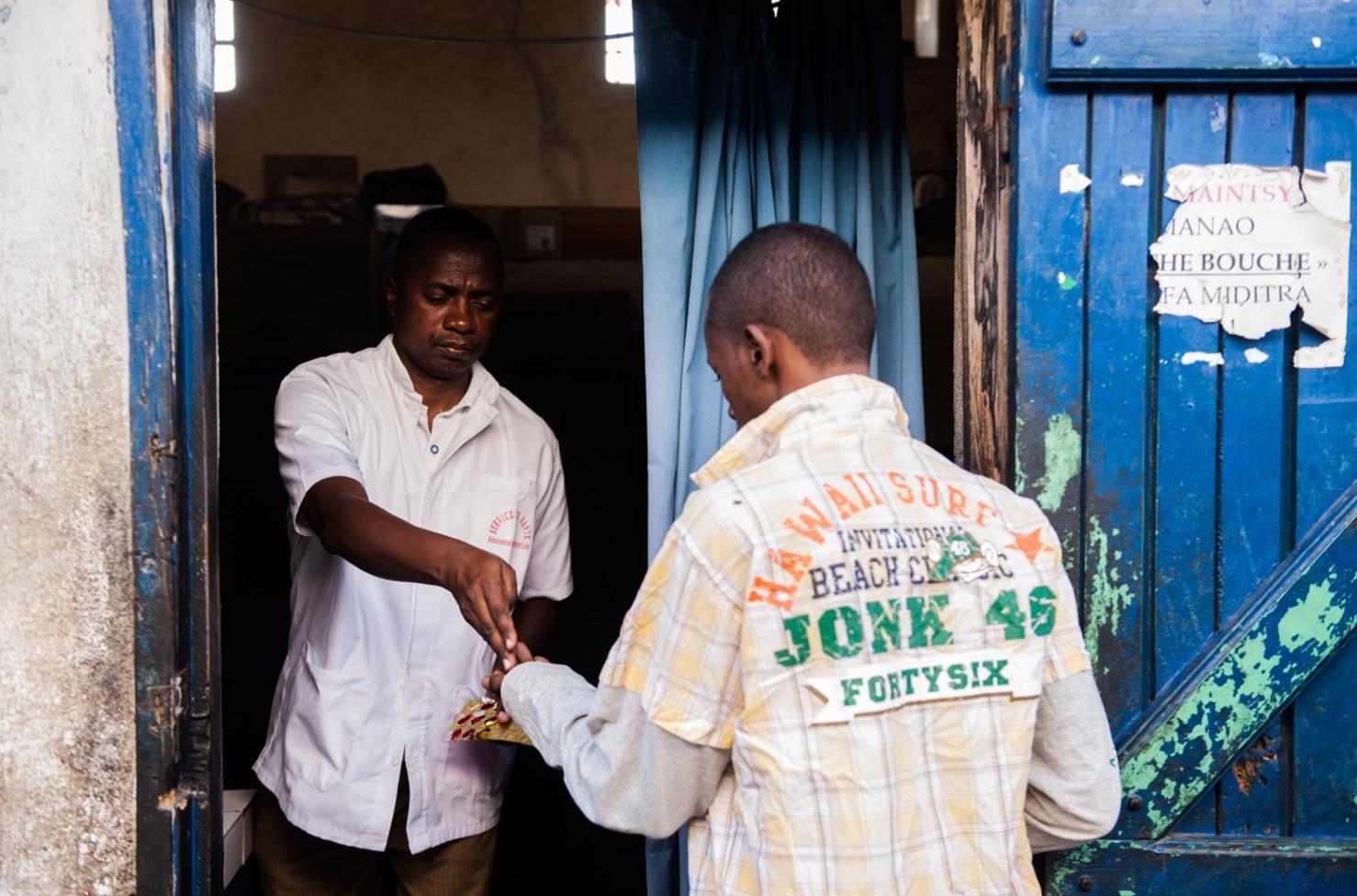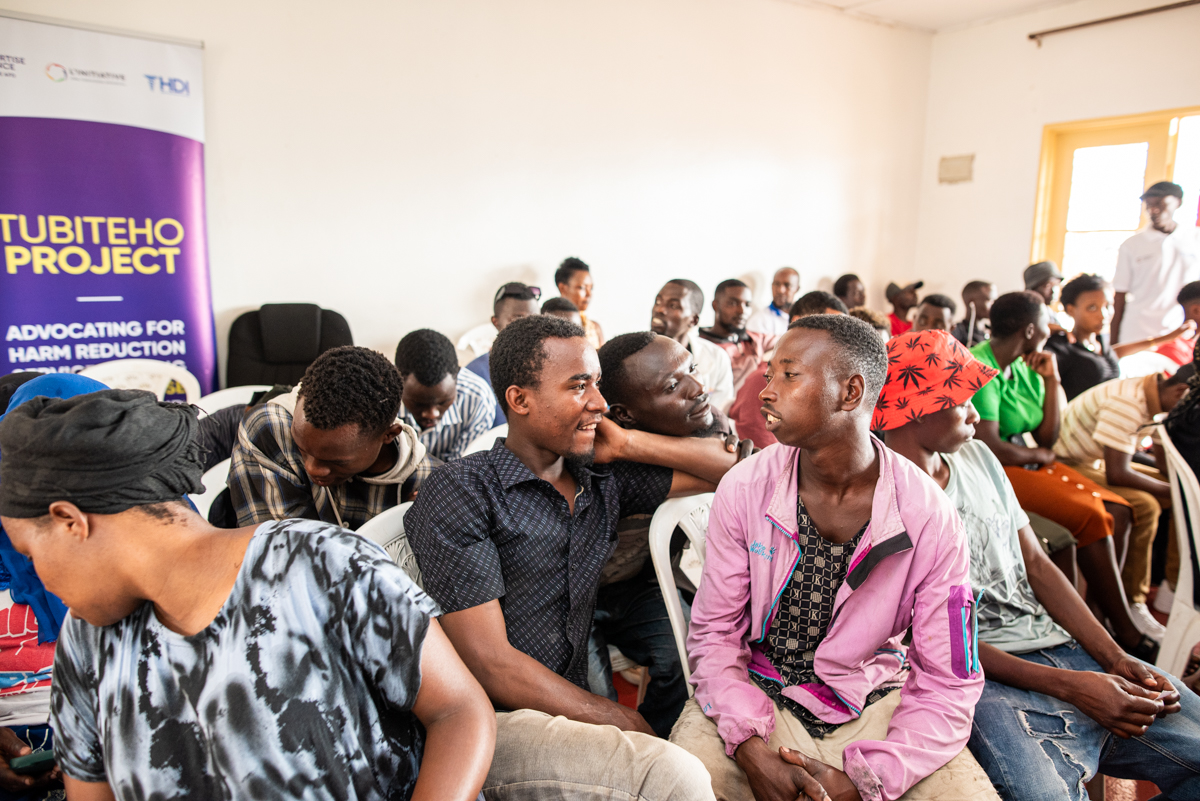Fighting Malaria in Cameroon Through Community Collaboration
A major public health issue in Cameroon, malaria disproportionately affects the South-West and Littoral regions, where an armed conflict is taking place, forcing hundreds of thousands of people to flee their homes. In these areas, access to healthcare and malaria treatment is limited. The operational research project “Breaking Barriers in access to effective malaria treatment among conflict-affected communities” implements several innovative strategies to reduce the spread of the disease and ensure vulnerable populations receive care. The initiatives developed are based on a participatory approach, healthcare financial support mechanisms for local residents, and assistance for community health workers.
Since 2017, the North-West and South-West regions of Cameroon—home to 20% of the country’s 29 million people—have been engulfed in armed conflict. Known as the Anglophone crisis, due to the predominance of English in these regions, the conflict has displaced more than 700,000 people, who have sought refuge in Cameroon’s French-speaking areas or across the border in Nigeria. This crisis has severely disrupted access to healthcare—over one third of health centers have been destroyed, significantly hindering the treatment of malaria patients. Cameroon is among the eleven countries most burdened by malaria globally, with an average prevalence rate of over 26% in 2022. This rate rises by four additional points in the South-West region, where six out of ten medical consultations are related to malaria. It remains one of the leading causes of death and illness among children under five.
The Breaking Barriers project worked to facilitate access to antimalarial treatments in these conflict-affected communities between 2020 and 2024. Led by the organizations Reach Out Cameroon, the Malaria Consortium, and Konmafamba Action Sans Frontières (KASAFRO), with the support of L’Initiative, Breaking Barriers is being implemented in 80 communities across 9 health districts in the South-West and Littoral regions.
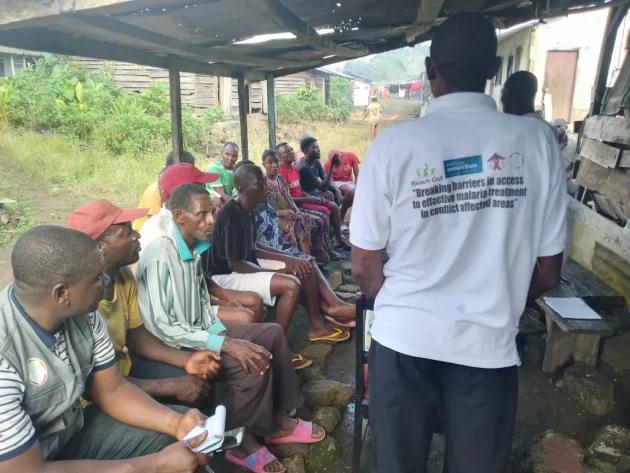
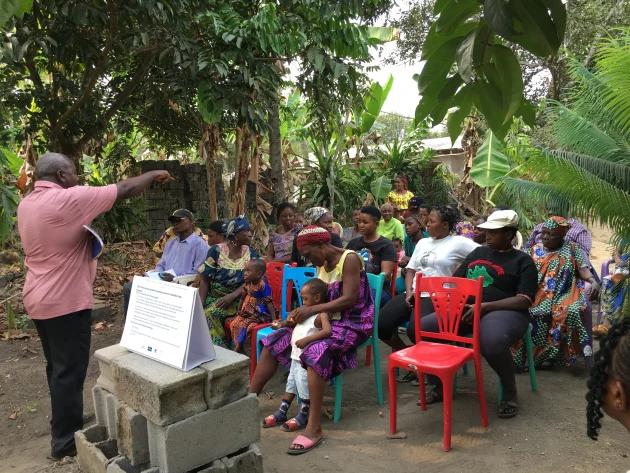
Communities at the Heart of the Project
This operational research project aims to identify and overcome barriers in the fight against malaria, while strengthening prevention and access to primary care in these conflict-affected zones. Three innovative initiatives, aligned with the national malaria control strategy, have been deployed through Breaking Barriers, all relying on active community participation to help reduce the disease’s impact.
The first, the Community Health Participatory Approach, involves monthly dialogue sessions led by community health workers. These sessions aim to increase awareness about malaria, promote prevention, and foster social cohesion. Primary caregivers of children under five and community leaders are the main participants.
A second innovation tested is a healthcare financial support system, designed to cover transportation and medical costs. Vouchers are distributed to the population to pay for malaria treatment and the transportation of children with severe cases to health centers.
The third approach focuses on strengthening supervision and support for community health workers through regular follow-up. Local organizations provide monthly support, while quarterly supervision is carried out by health center managers. This strategy has significantly boosted trust in community health workers, with confidence levels rising from 40% to 70%. The use of insecticide-treated bed nets has also increased by 11 percentage points, from 85% to 96%. Meanwhile, malaria prevalence among children under five has dropped from 54.5% to 20.7%, and medical consultations have risen.
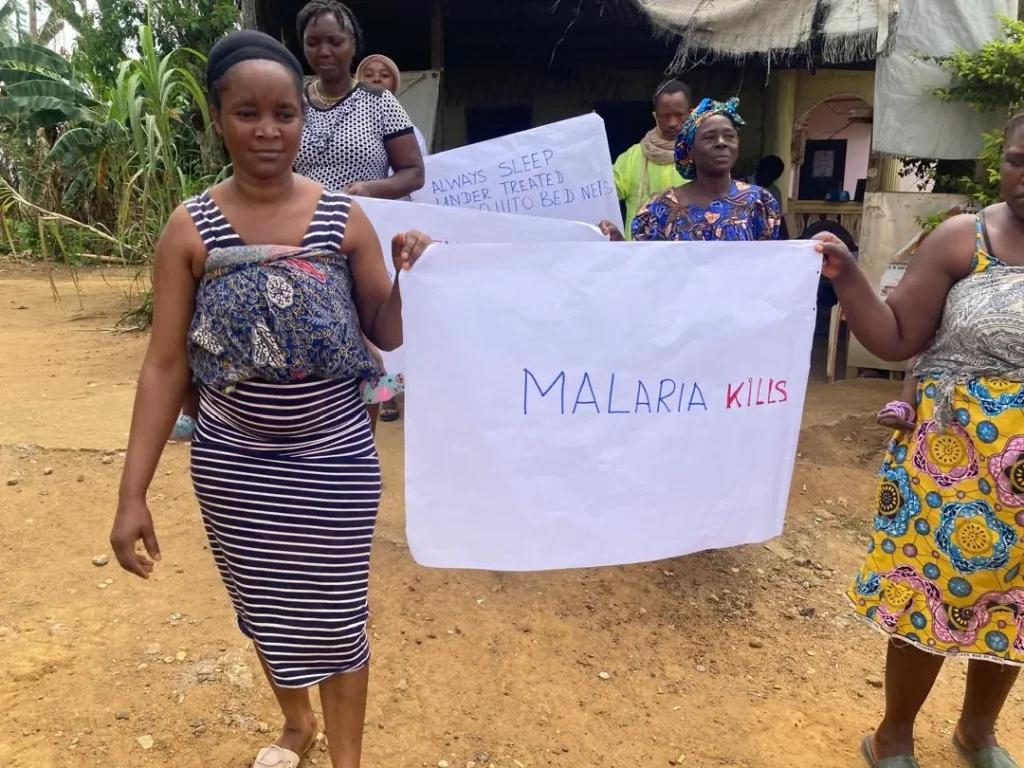
A Project That Strengthens Social Cohesion During Crisis
The project’s positive impacts extend beyond health. Breaking Barriers has also helped strengthen cohesion between displaced people and host communities by providing spaces for community dialogue. The challenge now is to sustain these gains. Despite proven effectiveness, the innovations tested have yet to be integrated into national policies. Advocacy efforts and additional investment are needed to ensure that the National Malaria Control Program adopts these participatory approaches and that they begin to influence broader health policy.

